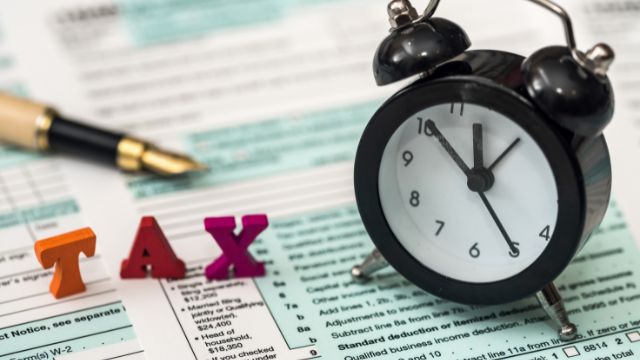Impact of GST on State Revenue of India
GST was a significant change for the Indian economy and faced a fair amount of resistance. There have certainly been many benefits of GST, but just like two sides of the coin, there were also some negatives of the GST implementation. Under the GST, the component of the central and state is separated. In addition, some producing states showcased a strong resistance towards implementing GST. States like Tamil Nadu and Gujarat were fearing the loss of revenue. This was because the less developed states were expected to have more GST when compared with other advanced states. So, what was the overall impact of GST on state revenue? Let us find out more information below.
Impact of GST on State Revenue

- Tax Rates – The states feared losing the power to decide the tax rates. This was true, but the government unveiled the trump card right before the implementation. It was decided that the cash cows, like petroleum products and alcohol, would be left outside the purview of GST. In addition, the states will have the power to decide taxes on such products. This was especially beneficial during covid-19 when the states could cover the shortfall in revenue caused by the loss of economic activities.
- Compensation to States – The central government promised compensation to the states if their shortfall was beyond 14%. The government delivered as per the promise, and compensation was given to eligible states. Initially, the scheme was available for only five years, but later, the government extended it by another four years. This mechanism ensured a net neutral effect of the GST implementation.
- Democratic Decision – GST council had representation from each state. This council took all critical decisions related to GST. The good thing here is that each representative has voting rights. So, the decision taken by the GST council is framed so that it benefits all the states. The central government here has a 33.3% voting share, while the states have a 66.7% voting share. 75% majority is required to pass a resolution.
Recent Address by Finance Minister
The finance minister, Nirmala Sitharaman, recently addressed the country regarding the GST. Here are the highlights of her speech.
- Benefit to Consumer – In the address, Nirmala Sitharaman mentioned that the GST had helped consumers by bringing down the taxes and removing the cascading effect of tax on tax. This lead to a product being taxed multiple times. GST has undoubtedly helped people as the cost of essential items has decreased. The indirect tax system was fragmented before the implementation of GST, and today, the one nation-one tax system brings consolidation.
- Benefit to State – This added revenue buoyancy for the states. This means the state’s revenue is growing more than the GSDP’s. In such a case, it has been confirmed that no state suffers from the loss of revenue after implementing GST. The infusion of digitalization with GST has also helped the states bring in more transparency and speed up the process at the same time. As per the statistics shared by Nirmala Sitharaman, it was revealed that the revenue buoyancy improved from 0.72 to 1.22 after the GST roll-out.
- Benefit to Businesses – Filing taxes with multiple departments was a challenging thing. GST has made it easy for small and medium-scale businesses to file taxes. The input tax credit has also helped them to a greater extent. In addition, the GST has enabled easy transition of goods across the country. Further, the GST has reduced administration cost and compliance costs for organizations.
- Overall Developed – GST collection for June 2023 was Rs 1.61 Lakh Crore. This has become the new normal, and this is driving the overall growth of the Indian economy. The results are quite evident in times of global recession fears. India is still standing upright, and the development forecasts are very healthy. The increased tax collection has benefited the people since the money is infused back into the economy to develop infrastructure, defence and services.
Final Take
GST was one reform implemented by the NDA government, which is certainly reaping effects. There was a certain level of discontent while it was being implemented, but the framework seemed to deliver the promised benefits over the long duration. The government continue to support the states, and the revenue growth of states has been phenomenal. In such a case, it will be safe to say that the overall impact of GST on State Revenue in India has been quite positive.


